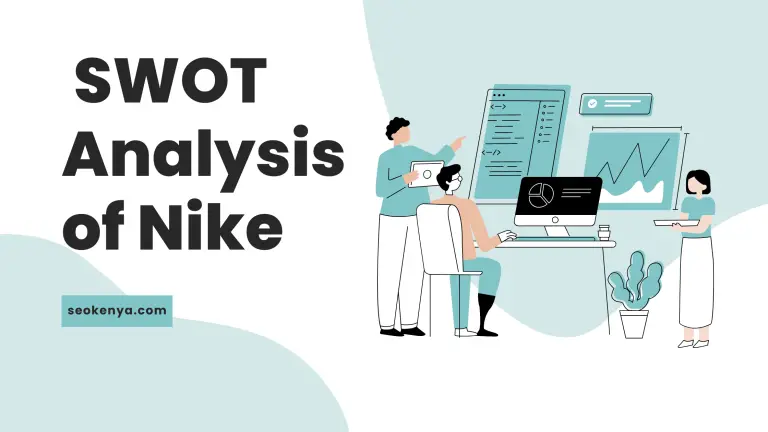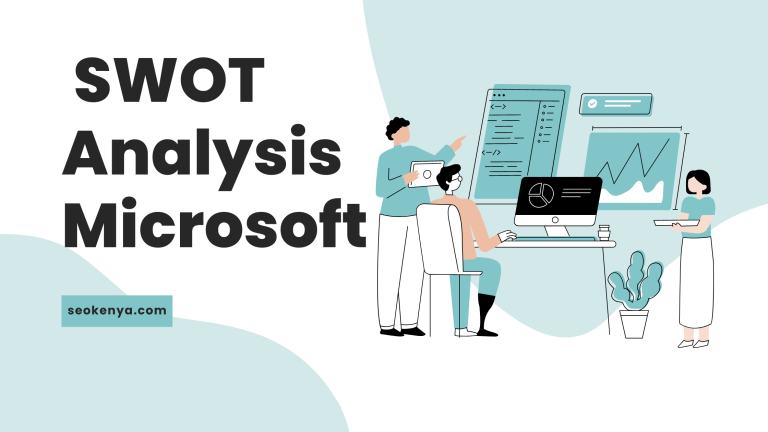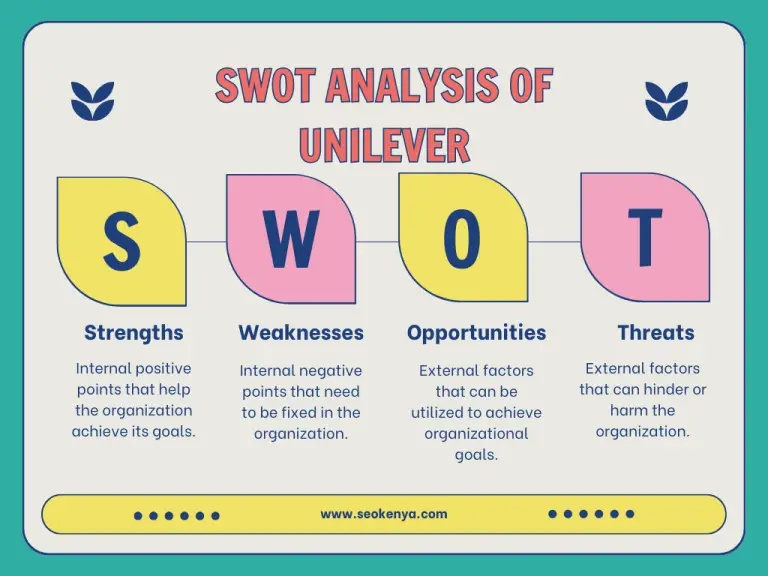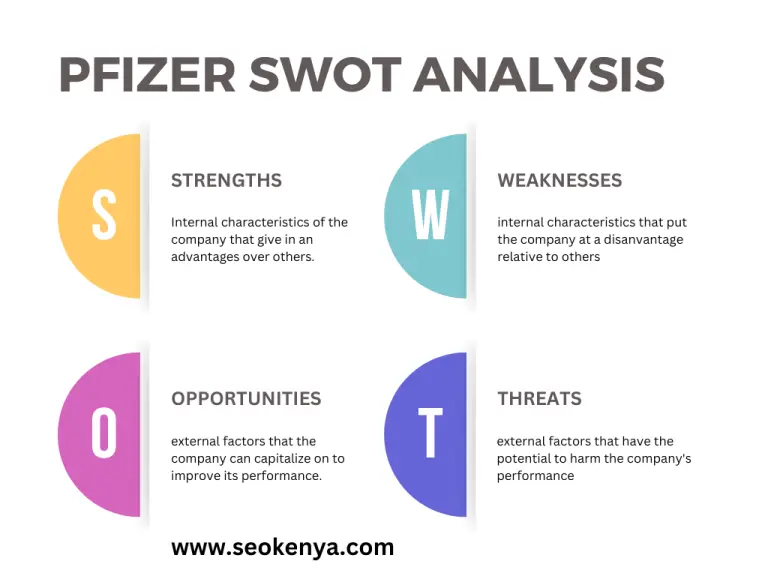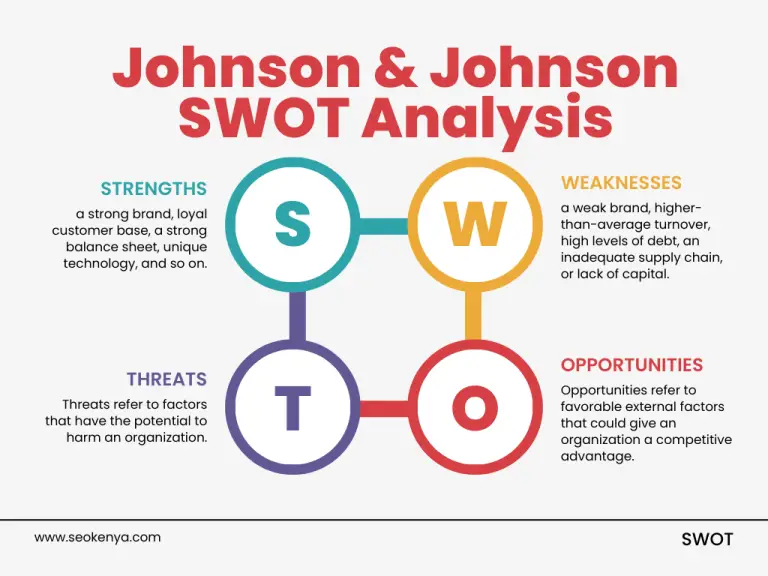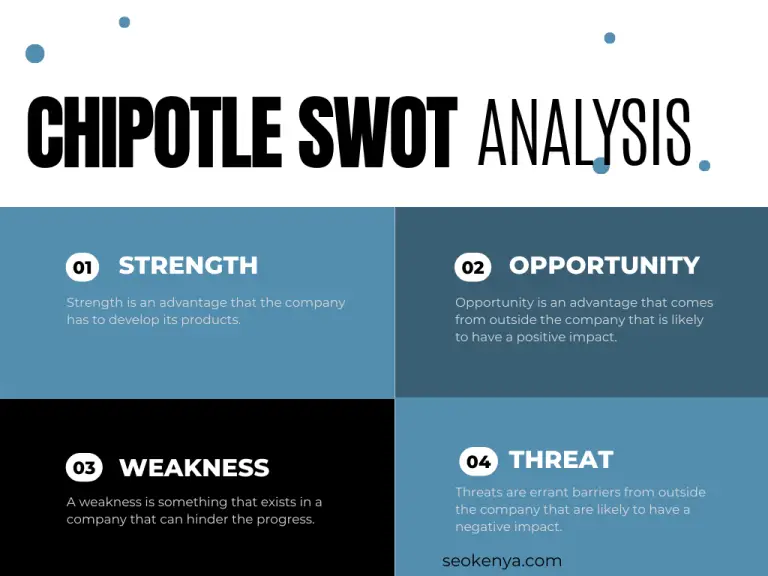SWOT Analysis of Facebook
About Facebook
Facebook is a social media platform that allows users to create profiles, share text, photos, and multimedia with their friends, communicate with one another, and join groups.
It was founded in 2004 by Mark Zuckerberg and a group of fellow Harvard College students, and initially limited to Harvard students. Since 2006, it has been available to anyone over the age of 13.
As of July 2022, Facebook had 2.93 billion monthly active users and was the third most visited website worldwide. It was also the most downloaded mobile app of the 2010s. Facebook can be accessed from devices with internet connectivity, such as computers, tablets, and smartphones.
However, Facebook has been the subject of numerous controversies, including issues related to user privacy, political manipulation, and mass surveillance.
It has also faced criticism for the psychological effects it can have on users, such as addiction and low self-esteem, as well as for hosting fake news, conspiracy theories, copyright infringement, and hate speech.

Some commentators have accused Facebook of facilitating the spread of such content and exaggerating its user numbers to appeal to advertisers.
Here’s a summary table with an overview of Facebook (Meta Platforms, Inc.):
| ASPECT | DETAILS |
| Company Name | Meta Platforms, Inc. (Formerly Facebook, Inc.) |
| Founded | February 4, 2004 |
| Founders | Mark Zuckerberg, Eduardo Saverin, Dustin Moskovitz, Chris Hughes |
| Headquarters | Menlo Park, California, U.S. |
| CEO | Mark Zuckerberg |
| Industry | Technology, Social Media, Online Services |
| Products & Services | Facebook, Instagram, WhatsApp, Messenger, Oculus, Workplace, Portal |
| Business Model | Advertising-based revenue model, Virtual reality hardware sales |
| Revenue (2022) | $116.61 billion |
| Net Income (2022) | $23.51 billion |
| Employees (2022) | 87,314 |
| Stock Symbol | NASDAQ: META |
SWOT Analysis of Facebook
SWOT analysis is a strategic planning tool that helps businesses assess their strengths, weaknesses, opportunities, and threats.
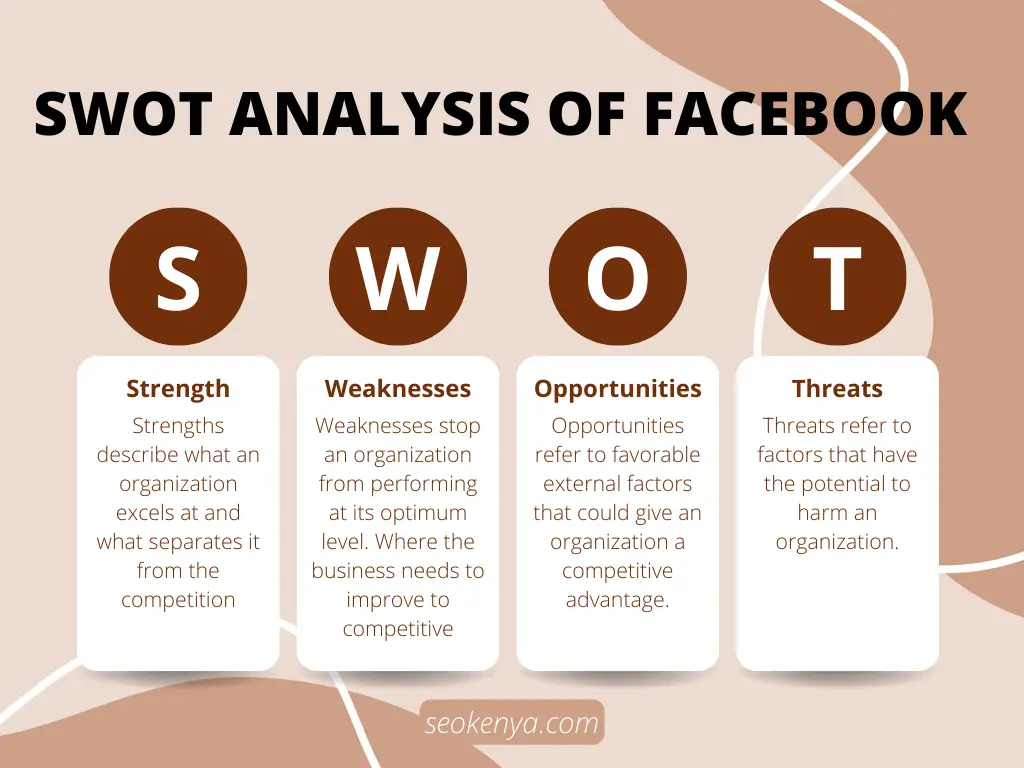
It allows organizations to identify and evaluate their internal and external factors, enabling them to make informed decisions and develop effective strategies.
In this blog post, we will be conducting a SWOT analysis of Facebook, one of the world’s leading social media platforms.
Strengths of Facebook:
Large user base: Facebook has over 2.7 billion monthly active users, making it the largest social media platform in the world.
This large user base gives Facebook a significant advantage over its competitors as it allows the company to reach a wide audience and generate significant advertising revenue.
Wide range of products and services: Facebook offers a range of products and services beyond its core social networking platform. These include messaging apps (WhatsApp and Messenger), virtual reality technology (Oculus), and e-commerce platforms (Instagram and Marketplace).
This diversification helps Facebook to generate revenue from a variety of sources and reduces its dependence on a single product or service.
Strong brand recognition: Facebook has become a household name and is recognized by people around the world. This strong brand recognition is an important strength as it helps Facebook to attract new users and retain existing ones.
Data-driven approach: Facebook has a data-driven approach to product development and advertising, which allows it to tailor its products and services to the needs and preferences of its users.
This data-driven approach has helped Facebook to continuously improve its products and services, leading to increased user satisfaction and loyalty.
Partnerships and acquisitions: Facebook has formed partnerships and made acquisitions to expand its reach and capabilities. For example, the company has partnered with major media outlets to host their content on its platform and has acquired companies such as Instagram and Oculus to add new products and services to its portfolio.
Weaknesses of Facebook:
Privacy concerns: Facebook has faced significant criticism and regulatory action over its handling of user data. The company has faced allegations of failing to protect user privacy and has faced fines and other penalties as a result.
These privacy concerns could lead to a loss of trust in the company and could negatively impact its user base and revenue.
Dependence on advertising revenue: Facebook generates the majority of its revenue from advertising. This dependence on advertising revenue makes the company vulnerable to changes in the advertising market and could impact its financial performance.
Competition: Facebook faces competition from other social media platforms such as Twitter, Instagram, and TikTok. These platforms offer similar services and could attract users away from Facebook.
Reputation: Facebook has faced criticism and negative media attention over its handling of various issues such as fake news, hate speech, and election interference. This negative reputation could impact the company’s ability to attract and retain users and could damage its brand.
Government regulations: Facebook operates in a highly regulated industry and is subject to a range of government regulations. These regulations could impact the company’s operations and financial performance.
Opportunities of Facebook:
Emerging markets: Facebook has significant opportunities to grow its user base in emerging markets such as Asia and Africa, where internet penetration is increasing. This growth could lead to increased revenue for the company.
Virtual reality: Facebook’s acquisition of Oculus has given the company a strong presence in the virtual reality market. Virtual reality technology is expected to see significant growth in the coming years and Facebook is well positioned to take advantage of this opportunity.
E-commerce: Facebook’s e-commerce platforms, Instagram and Marketplace, offer opportunities for the company to generate additional revenue through the sale of products and services.
Facebook has the opportunity to expand its user base by continuing to innovate and adding new features to the platform.
The company can also explore new revenue streams, such as e-commerce, virtual reality, and subscription-based services.
Facebook has the potential to expand into new markets and countries, particularly in emerging economies where social media usage is growing rapidly.
The company can also improve its reputation by addressing concerns about user data and privacy, and by taking a more proactive approach to moderating content on the platform.
Threats for Facebook:
Intense competition: Facebook faces intense competition from other social media platforms, such as Instagram, Twitter, and TikTok. The company is also at risk of losing users to new social media trends and technologies, as well as to changing consumer preferences.
Regulatory scrutiny: The company is also facing increased regulatory scrutiny, with the potential for stricter rules and regulations around data privacy and content moderation.
Changes in the advertising market: Facebook’s reliance on advertising revenue makes it vulnerable to changes in the advertising market, as well as to shifts in consumer behavior.
In conclusion, Facebook has many strengths, including a massive user base, a strong brand, and a diverse revenue stream.
However, the company also faces significant weaknesses and threats, including concerns about data privacy, the spread of misinformation, and intense competition from other social media platforms.
To address these challenges, Facebook has the opportunity to innovate, expand into new markets and revenue streams, and improve its reputation by addressing concerns about user data and content moderation.
By doing so, the company can continue to thrive and remain a leader in the social media industry.
